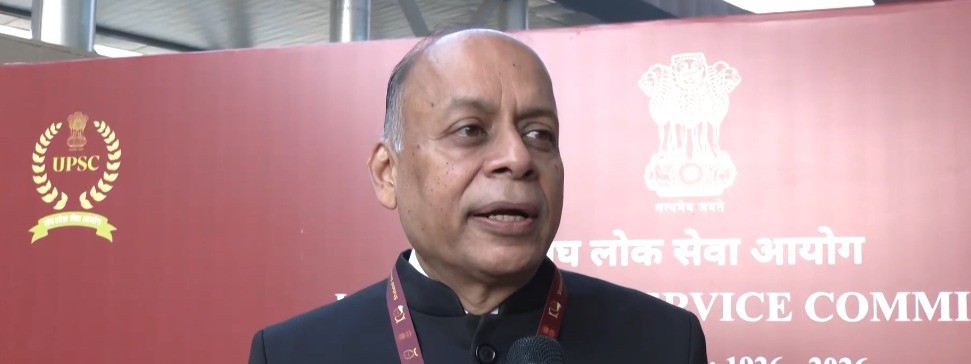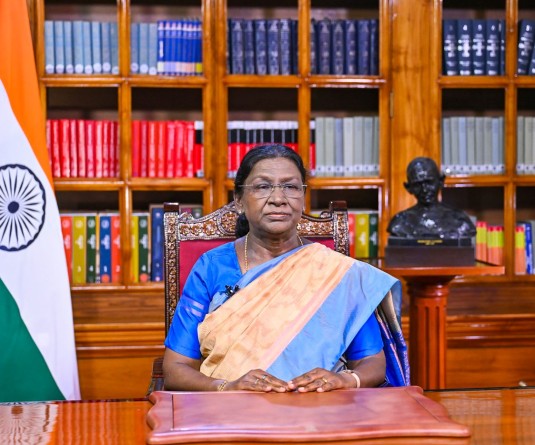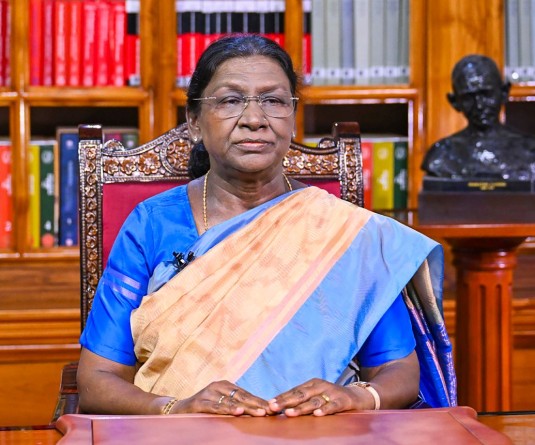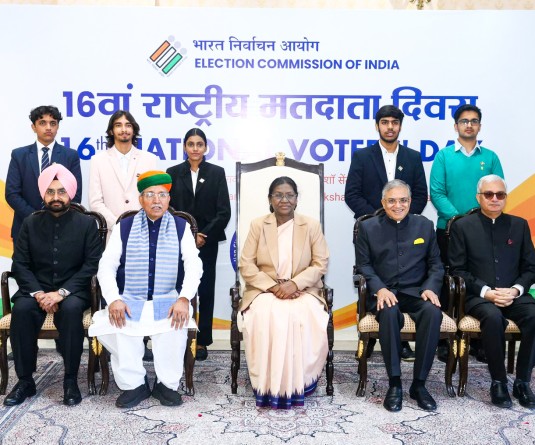IANS Photo

New Delhi, November 26 (IANS): As the Union Public Service Commission (UPSC) marks its centenary year from October 1, 2025, to October 1, 2026, celebrating 100 years of transparent and merit-based recruitment for India’s civil services, UPSC Chairman Ajay Kumar on Wednesday said that with India aspiring to become a developed economy under the vision of 'Viksit Bharat', expectations from civil servants have increased significantly.
He added that the UPSC remains committed to ensuring the recruitment of capable candidates who can meet future challenges.
Speaking to IANS, Ajay Kumar said, “UPSC marks 100 years of merit, integrity, and trust, and is regarded as a symbol of fairness by aspirants and civil servants alike. With time, circumstances evolve. In this era of rapid technological change, we need officers who are capable of adapting quickly.”
He emphasised that the need for capable civil servants extends beyond technological advancement.
“It is not only digital transformation, the social context is also changing. Today’s society, development priorities, and governance frameworks are very different. As India progresses toward becoming a developed nation, the expectations from civil servants continue to grow,” he said.
The UPSC is India’s premier constitutional body responsible for recruiting top government officers through a fair and competitive examination system.
The Commission will complete a century of establishment on October 1, 2026. Conceived by India’s founding leadership as a guardian of meritocracy, the UPSC has played a critical role in recruitment, promotion, and disciplinary oversight of Central Civil Services. Its evolution over the past 100 years represents not only the development of an institution but also India’s enduring commitment to fairness, accountability, and good governance.
The idea of forming an independent body for recruiting civil servants began taking shape before Independence. The Government of India Act, 1919, first introduced this provision. Subsequently, in October 1926, the Public Service Commission was established following recommendations of the Lee Commission (1924), which stated: “Wherever democratic institutions exist, experience has shown that to secure an efficient civil service, it is essential to protect it from political or personal influence and provide stability and security — vital for its role as an impartial and efficient instrument of governance.”






